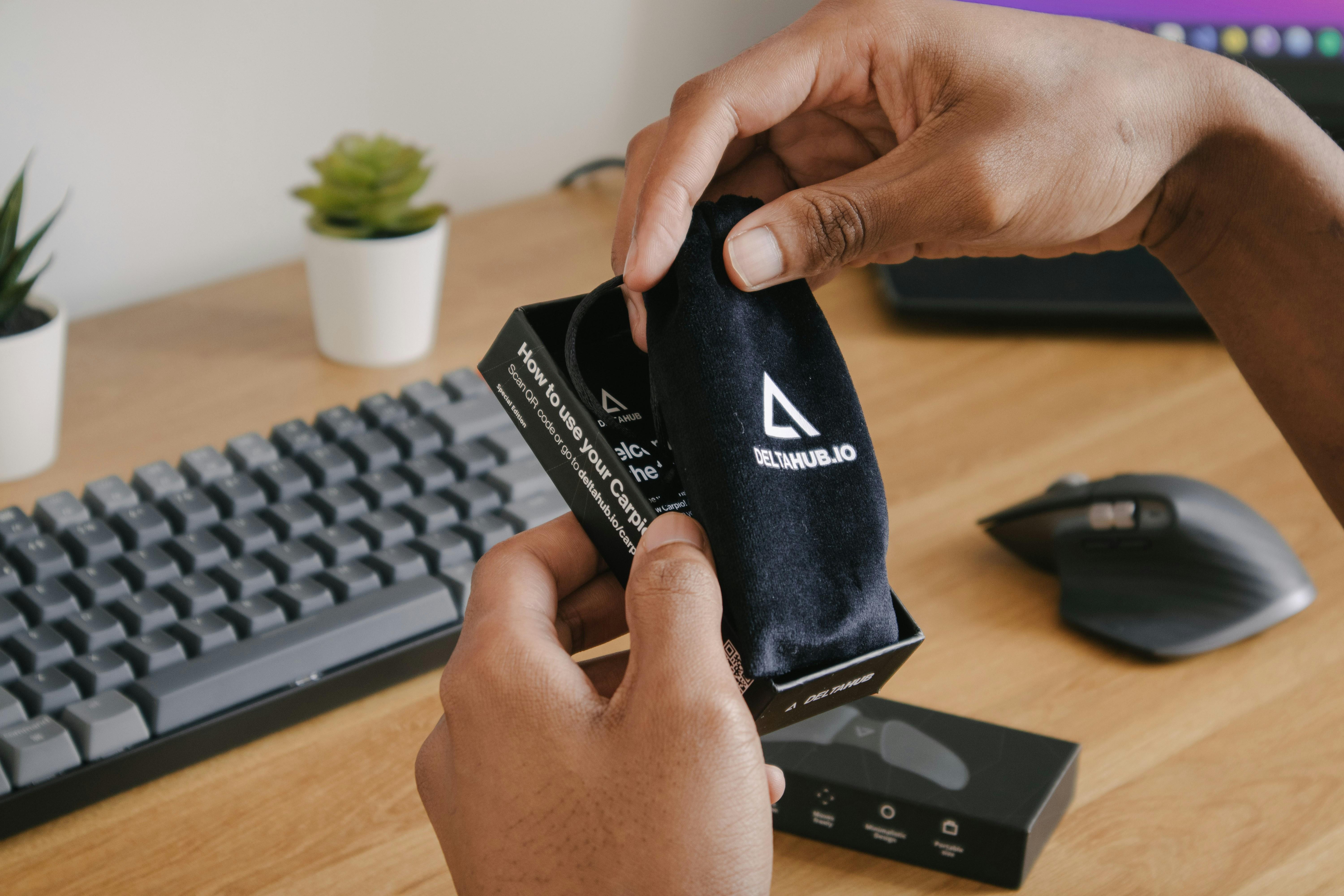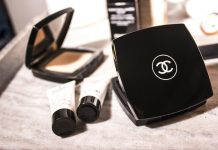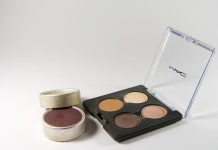In the ever-evolving world of beauty and social media, influencers wield an undeniable power, shaping trends and swaying consumer choices with a mere swipe or tap. As followers eagerly await the next must-have product recommendation, a question looms large: should influencers disclose all sponsored beauty product reviews? This inquiry delves beyond the surface of flawless selfies and captivating content, probing the intricate dance between authenticity, transparency, and consumer trust. Join us as we explore the multifaceted dynamics of influencer marketing, where the allure of glamour meets the ethics of disclosure.
Ethical Transparency in the Beauty Industry

In the age of digital influence, transparency has become a cornerstone of trust between influencers and their audiences. While influencers often play a pivotal role in shaping beauty trends and consumer choices, the ethical obligation to disclose sponsored content is more pressing than ever. Should influencers be transparent about every sponsored beauty product review? The answer leans towards a resounding yes, and here’s why:
- Trust Building: Openly stating sponsorships fosters trust and authenticity, encouraging followers to engage more deeply with content.
- Legal Compliance: Many regions have strict guidelines requiring disclosure to ensure consumers can make informed decisions.
- Brand Integrity: Transparent partnerships enhance the credibility of both the influencer and the brand, aligning them with ethical practices.
Ultimately, the practice of disclosure isn’t just about adhering to rules; it’s about nurturing a genuine connection with an audience that values honesty. As the beauty industry continues to evolve, transparency will remain a vital component in crafting a sustainable and ethical digital landscape.
Understanding the Impact of Influencer Endorsements
In the dynamic world of beauty marketing, the role of influencers has become pivotal. Their endorsements can sway consumer opinions and drive purchasing decisions, making transparency crucial. When influencers share their experiences with beauty products, the line between genuine enthusiasm and paid promotion can blur. This is where the importance of disclosure comes into play. Disclosing sponsored content not only builds trust with audiences but also aligns with ethical guidelines and legal requirements. The Federal Trade Commission (FTC) mandates that any material connection between an influencer and a brand must be clearly and conspicuously disclosed. This ensures that followers are aware of the influencer’s relationship with the product, allowing them to make informed decisions.
Consider the following impacts of transparent influencer endorsements:
- Credibility: Openly sharing sponsorship details can enhance the influencer’s credibility, showing they prioritize honesty.
- Audience Trust: Followers are more likely to trust recommendations when they know the influencer is transparent about paid partnerships.
- Brand Loyalty: Brands that encourage disclosure may benefit from increased loyalty as consumers appreciate their commitment to transparency.
Navigating Consumer Trust and Brand Loyalty

In the world of beauty influencers, the fine line between authenticity and marketing is increasingly scrutinized. Transparency is paramount, as it directly impacts consumer trust and brand loyalty. When influencers disclose sponsored content, it fosters a sense of honesty, allowing followers to make informed decisions. Genuine engagement often translates to stronger loyalty, where followers feel valued and respected.
However, the question arises: should influencers disclose every single sponsorship? While full disclosure might seem ideal, it could potentially overwhelm audiences, making them question the sincerity of all content. Consider the following:
- Authenticity vs. Overload: Striking a balance is key. Over-disclosure might dilute the influencer’s voice, yet under-disclosure risks eroding trust.
- Regulatory Compliance: Adhering to guidelines is crucial, ensuring transparency without compromising the influencer’s creative freedom.
- Audience Perception: Understanding the audience’s expectations can guide how and when disclosures are made.
Ultimately, navigating this landscape requires a nuanced approach, balancing honesty with the influencer’s unique brand voice.
Guidelines for Authentic and Honest Reviews

Creating a culture of trust between influencers and their audience is crucial. To achieve this, influencers should adhere to a set of guidelines that prioritize authenticity and honesty. Firstly, transparency is key. Clearly disclose any partnerships or sponsorships to maintain credibility. This can be done through hashtags like #ad or #sponsored in a way that is easily noticeable.
Additionally, focus on providing unbiased feedback. Even if a product is gifted or part of a paid collaboration, it’s essential to highlight both the pros and cons. This balanced approach not only strengthens trust but also enhances the influencer’s reputation for integrity. Consider these practices:
- Mention your personal experience with the product, highlighting what worked and what didn’t.
- Avoid over-exaggerating claims that aren’t supported by evidence.
- Engage with your audience by inviting their opinions and experiences in the comments section.
By adhering to these guidelines, influencers can foster a genuine connection with their followers, ensuring their content remains reliable and respected.





































